10 Car Maintenance Checks that Every Beginner can do
Cars are an essential part of the day-to-day running of life. Whether it's school runs, trips to the shops or a work commute, we rely on the capabilities of our cars to get us from A to B. Here, we will be looking at 10 little car care things that you can do that will keep your car in great running shape, for longer.
It's important to keep your car in its best possible condition as it can reduce your running costs and repair costs and, in some cases, prevent accidents while out on the road.
1. Topping up your washer fluid
Keeping on top of your windscreen wash is important to ensure that your view of the road ahead is as clear as possible. It is also illegal to not have washer fluid in your car.
You can check your screen wash level in a tank located under the bonnet. Choose a quality screen wash to keep your windscreen smear free and clear.
2. Checking your oil
This is probably one of the most important maintenance tasks. Leaving your oil to run low can lead to serious engine damage. It is important to check your oil regularly, especially if you are about to undertake a long journey.
To check your oil, make sure the car is off, cool and on even ground. Use the car's dipstick (located under the bonnet) to measure the oil level. If the level is between the minimum and maximum notches, you're good to go! If it's below midway or under the minimum level, top up the oil in your car.
Oil checks and changes will most likely be covered under your annual service, but it is quick and simple enough for you to check regularly to keep all the metal parts in the engine of your car running without issue.
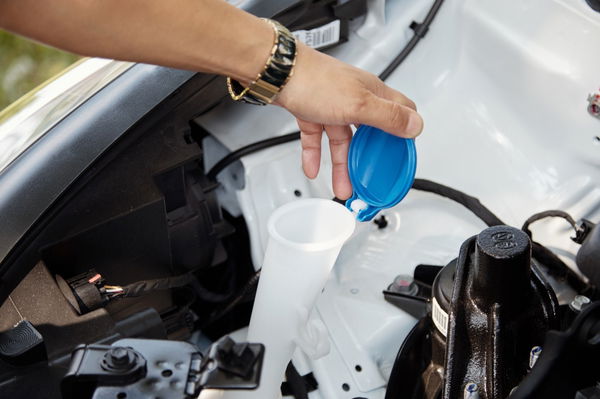
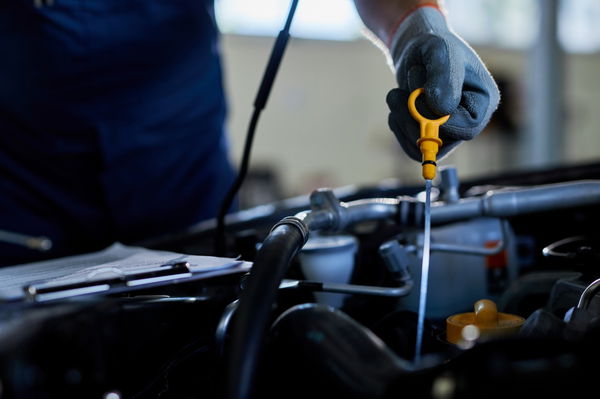
3. Check your lights are working
Your car lights are viral. Not only for your safety but for the safety of others on the road. A blown light on your car is the difference between being visible and invisible on the road.
You can check your front lights by pulling in front of something reflective, like another car. Turn your lights on one at a time so that you can check that both headlights and each indicator is working. To check your rear lights, ask someone to walk around your car as you work each light.
This is also a great time to check that the bulbs above your licence plate are working. There can be serious consequences if your reg plate light doesn't work and is enough for your car to fail its MOT and be deemed unroadworthy.
4. Check your tyre tread
The state of your tyres is important to keep your car gripped to the road. Low tread depth or damage can result in higher fuel costs as your car works harder or potential accidents.
Check your tyres for general wear and tear or splits and bulges. Tyre tread should be no less than 1.6mm, though it is recommended to be around 3mm in winter.
A great rule of thumb is using a 20-pence piece as guidance. The outer border of the coin is about 2.0mm thick. If you can see the inner wall of the 20p, your tyres need changing.
5. Check your tyre pressure
Tyre pressure is important to not only keep your car safe on the road but to keep your car economical. If your tyre pressure is lower than advised, it will take more power to keep your car moving which could cost you more money in the long run. Incorrect tyre pressure can also change how quickly your tyres wear out.
You can find information about the correct tyre pressure for your car in the manufacturer's manual and tyres can be inflated at most nearby garages.
6. Replace your wiper blades
Wiper blades are important for your visibility. They keep your windscreen clear while driving. They help prevent dirt build-up and can help prevent glare on brighter days.
Wiper blades won't last forever. They are prone to splits and cracks, especially in colder weather. Damaged wiper blades can cause scratches and cracks to your windscreen which can become costly to fix.
If the blades need replacing, check the manufacturer's manual on how best to do this.
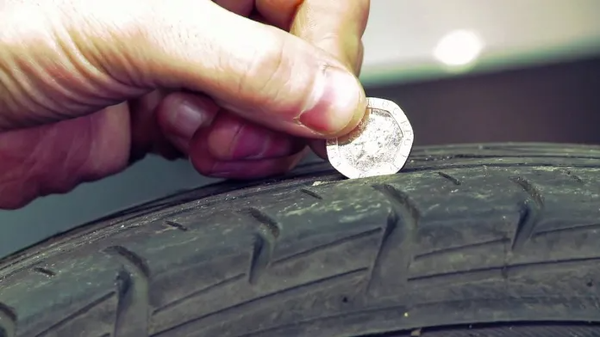
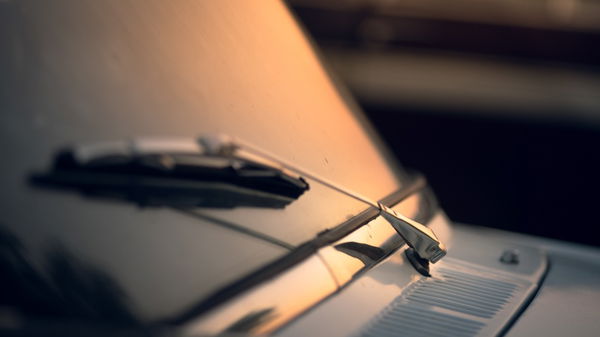
7. Change your engine air filter
A clogged or faulty air filter can reduce your fuel and engine efficiency. Due to its requirement in the car, it is recommended that the air filter is changed every 12 months or 12,000 miles, whichever one comes first.
To replace the filter, remove it from its casing (usually a black box located under the bonnet) and replace it with a new one, paying attention to how they fit.
8. Clean your reversing camera
Reversing cameras now come as standard on most new cars. They are a great help to fit into tighter spots that need some extra guidance.
Keeping your reversing camera and sensors clean guarantees that you will have the best possible view when reverse parking and the correct warning signals so there is little chance for minor bumps and scrapes.
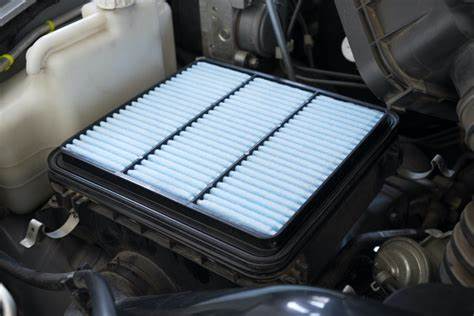
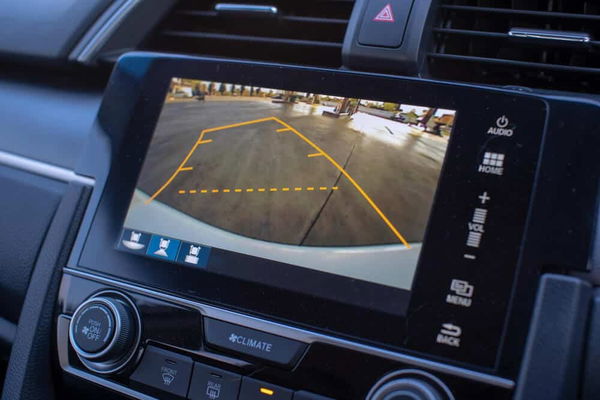
9. Clean your windows
Over time, grit and dirt can build up on your windows and in the crevices around them. When your windows roll up and down, this grime can get stuck potentially leading to scratched windows or malfunctioning rollers. The longer the impurities hang around, the longer and more expensive this issue can be to resolve.
The good news is that this is easily preventable. Simply wash your windows regularly and take some extra time to get into all the nitty gritty bits. For an extra bonus, make sure that the mechanics around your windows are greased to keep them running smoother.
10. Clean your car regularly
This one might be obvious but keeping your car clean can increase its longevity. Dirt and debris on the exterior can cause the car to dull over time and lose shine. It can also cause marks and scratches in the paint. A clean interior will prevent rips in fabric or leather and prevent wear on the carpets.
Clean your car regularly with gentle cleaning products that won't dull shine and opt for an extra protective layer to keep the pain scratch free for longer. For the interior, regular hoovering and carpet cleaning will prevent dirt and grime from scratching or being trodden into fabrics.
These regular car checks can be fairly straightforward and can save you some time and money in the long run while keeping you safer on the roads.
When Should My Car Go to the Garage?
You should take your car to a garage if there is a more serious problem that you don't know how to fix yourself or if there are warning lights that you don't understand.
Regular servicing is ideal to keep your car in top shape and with Chapelhouse, you can spread the cost of your annual service from just £14.99 a month or split the cost of a surprise repair bill with Drive Now Pay Later.
Service Plans at Chapelhouse
Any Make, any model service plans at Chapelhouse give peace of mind and are inflation-proof.
Find Out More